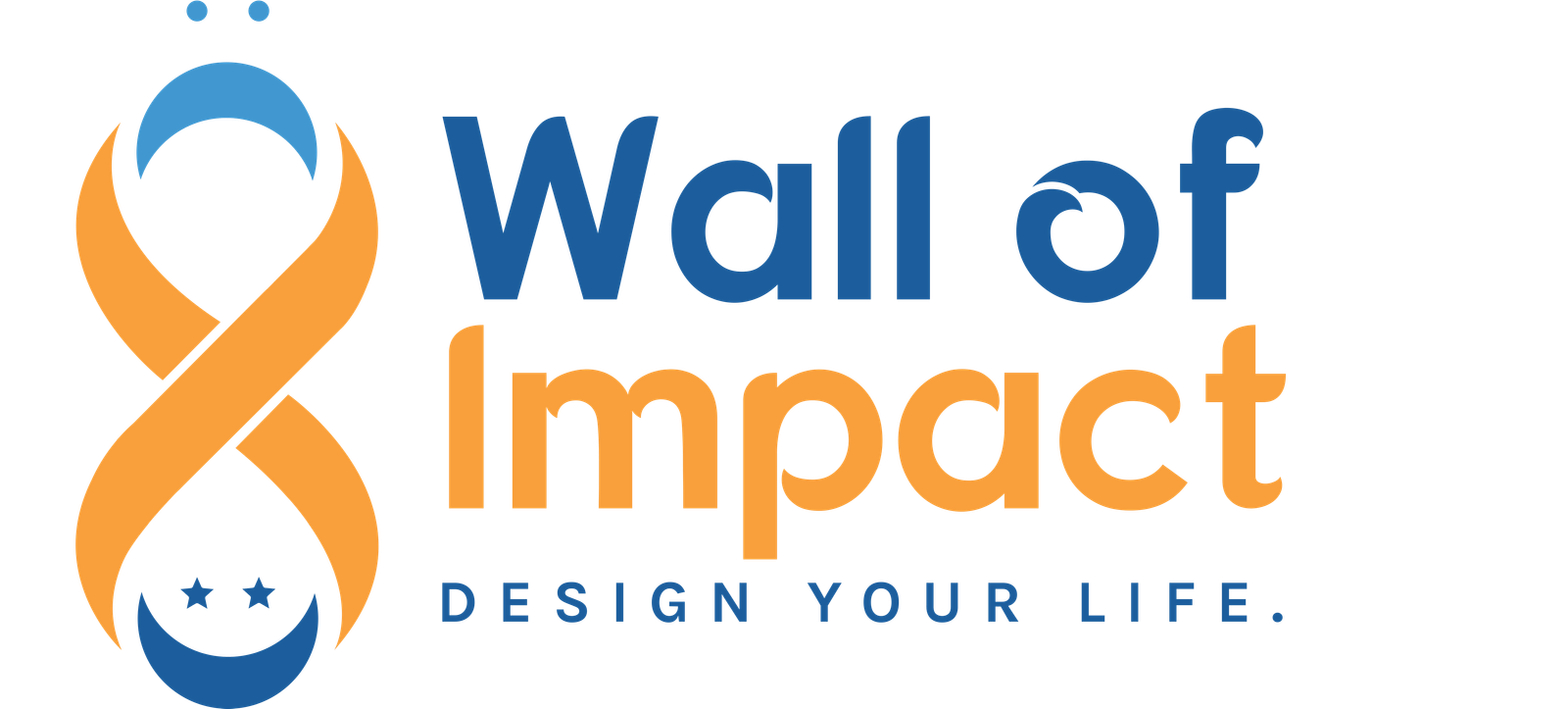The Impact of Social Media on Mental Well-being: Navigating Benefits and Challenges

In today’s digital era, social media platforms have become integral to how we connect, share, and perceive the world around us. While these platforms offer unprecedented opportunities for communication and community-building, their influence on mental well-being is a topic of growing concern. Let’s explore the complex interplay between social media and our mental health, highlighting both the positive contributions and challenges they present.
Positive Contributions of Social Media
One of the key benefits of social media is its ability to foster social support networks and promote awareness of mental health issues. These platforms provide spaces for individuals to connect with others, share experiences, and seek emotional support. Research by Kross et al. (2013) suggests that moderate and purposeful use of social media can enhance well-being by strengthening social connections and facilitating meaningful interactions.
Moreover, social media plays a pivotal role in raising awareness about mental health, reducing stigma, and encouraging open dialogue. Campaigns and initiatives on these platforms have empowered individuals to share their stories and seek help, ultimately contributing to greater understanding and acceptance.
Challenges and Negative Impacts
Despite its advantages, excessive use of social media has been associated with various mental health challenges. Studies have linked prolonged exposure to social media with increased levels of anxiety, depression, and diminished self-esteem. The constant barrage of curated and idealized content on these platforms can cultivate unrealistic expectations and feelings of inadequacy among users.
Furthermore, social comparison and cyber bullying are significant contributors to negative psychological outcomes among social media users. Appel et al. (2016) highlight the detrimental effects of comparing oneself to others online and the impact of online harassment on mental well-being.
Understanding the Mechanisms
The addictive nature of social media, characterized by endless notifications and feedback loops, can hijack the brain’s reward system and lead to compulsive use. Additionally, the prevalence of curated content can distort perceptions of reality, fuelling a cycle of comparison and dissatisfaction.
Strategies for Mitigating Harm
To mitigate the negative impact of social media on mental health, adopting mindful usage practices and setting boundaries are essential. Engaging in digital detoxes, monitoring emotional responses to online interactions, and prioritizing face-to-face connections can promote healthier engagement with these platforms.
Ethical Considerations and Regulatory Measures
Addressing the ethical implications of social media use, such as data privacy, misinformation, and online harassment, requires collaboration between policymakers, technology companies, and mental health professionals. Robust regulatory frameworks that prioritize user safety and well-being are crucial in promoting responsible digital practices.
Empowering Positive Change
Empowering individuals with digital literacy, promoting positive online behaviours, and integrating digital well-being education into educational and community programs are key steps toward leveraging the potential of social media for mental health advocacy and support.
Conclusion: Striking a Balance
Navigating the impact of social media on mental well-being requires a balanced approach that acknowledges both its benefits and risks. By fostering digital mindfulness, advocating for responsible digital practices, and prioritizing mental health education, we can harness the transformative power of social media while safeguarding mental well-being in the digital age.
This blog post serves as a starting point for a deeper conversation about the role of social media in our lives and underscores the importance of using these platforms mindfully and responsibly to support our mental health and well-being.


